Affiliate links on Android Authority may earn us a commission. Learn more.
Google vs the EU: Which side are you on?
Published onJuly 18, 2018
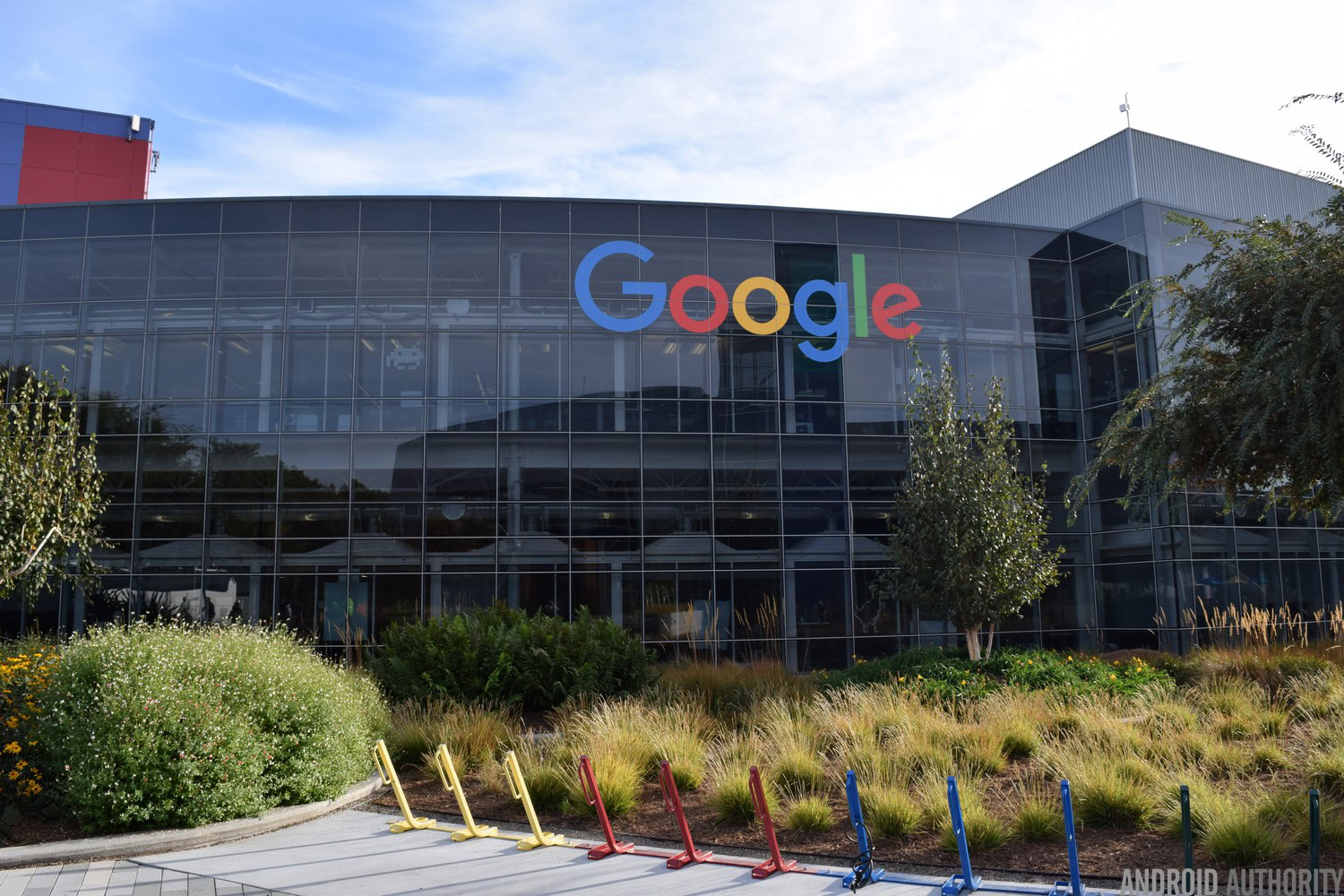
It’s obvious that the staff here at Android Authority love Android. Even though many of us use some non-Android products in our daily lives, our hearts align with Android’s open source nature and the power it gives us to choose how our devices work, look, and feel.
That’s why today’s news about the record $5 billion fine the European Commission just levied at Google over its alleged antitrust violations with Android has left us conflicted. This morning, our Slack channels were a hotbed of conversation about what this news means for us.
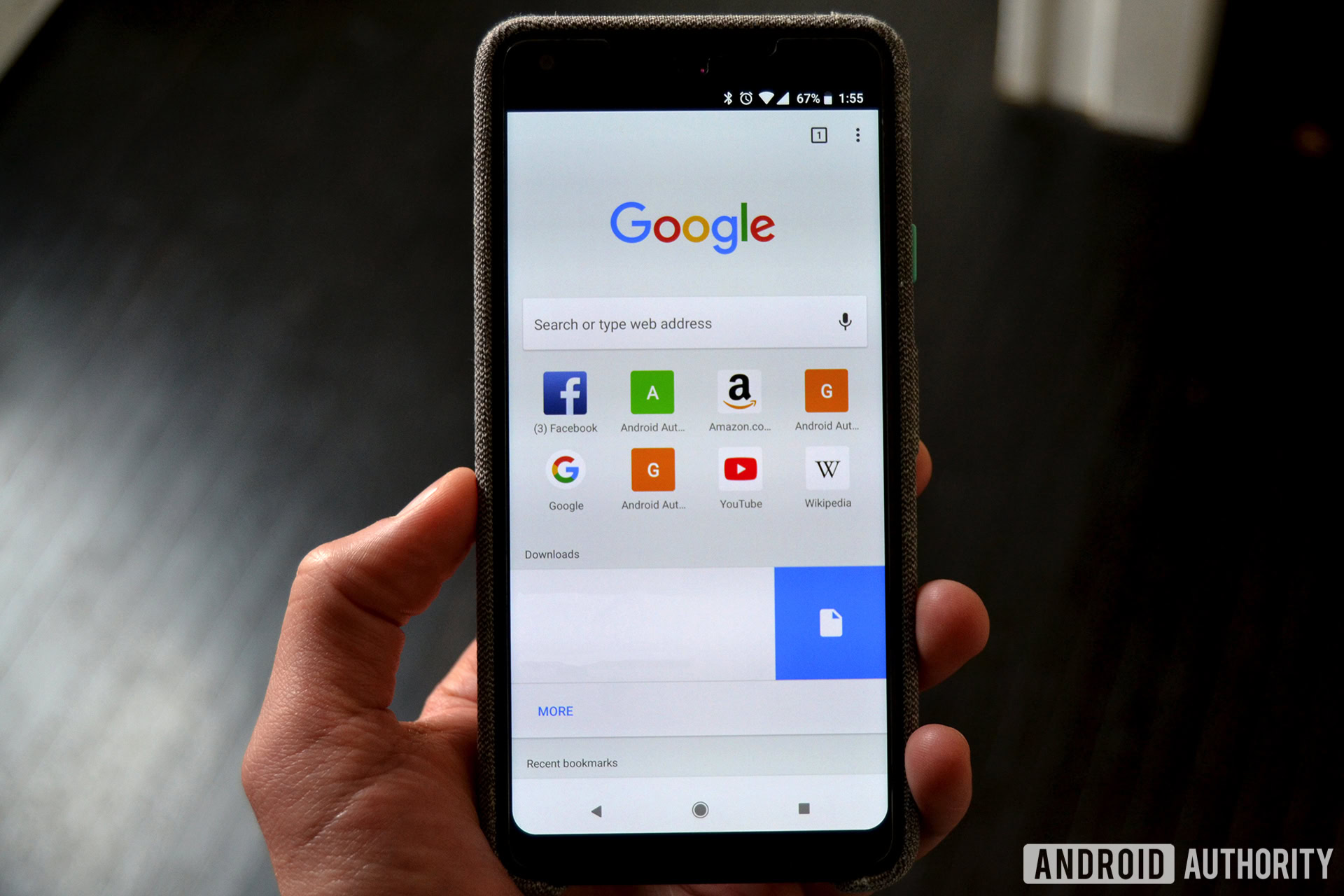
On one hand, we are all Android fanboys and love the Google ecosystem. On the other hand, we’re also passionate about advocating for corporate responsibility and how the very nature of Android should make the playing field relatively level for all competition. This $5 billion fine is making us have to choose a side.
You might be in the same boat. With this article, we’d like to break down both sides of what’s happening here and maybe help you (and us) figure out which side we are on.
Pro-Google
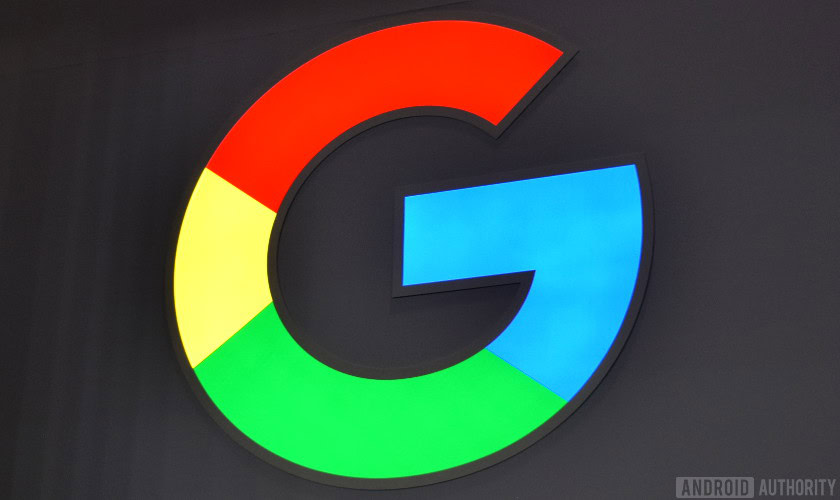
If you want to get a feel for where Google stands on this whole issue, just go straight to the source: Google CEO Sundar Pichai’s 800-word blog post about why Google didn’t do anything wrong and why the company will appeal the fine.
In the post, Pichai defends Google’s practices of keeping the Android platform free and open to anyone. Any manufacturer can go to the Android Open Source Project (AOSP) and use Android to create whatever it wishes for free with minimal restrictions.

Google has spent billions of dollars on maintaining AOSP and giving you (or anyone) access to the Android source code. That openness has helped thousands of entrepreneurs create brand new companies and technologies with minimal investment. It also has helped already-established companies expand their products without having to invest in an entire operating system first.
In order to make it financially feasible for Google to invest billions in a product it then gives away for free, it needs to monetize Android in some other way. It does this via the Google Mobile Service (GMS), otherwise known as the Google suite of Android apps, including Gmail, YouTube, Chrome, Google Search, and — most significantly — the Google Play Store.
Those proprietary apps are where Google makes its money back (and then some) for its investment into Android.
Google puts billions into Android because it can then make billions back.
Pichai argues in his blog post that Google doesn’t force OEMs to use the GMS when creating its Android devices. If a company wants to release an Android phone without access to Google apps and the Google Play Store, it’s welcome to do so; Chinese companies do this all the time. But Google’s obvious ambition is to make it so that Android phones without the GMS are less-desirable than those with the GMS.
You can’t blame it for that ambition. Without that ambition, AOSP has no financial value and Google would stop investing in its progress.

If we accept that ambition, we also must accept that Google needs to regulate the creation of mobile devices so that the GMS can run smoothly. After all, if a company comes to Google and says it wants to release an Android device with the GMS — but that device can’t adequately run the GMS due to a manufacturing or design limitation — then Google should have the right to say “no.”
If Google didn’t regulate the implementation of the GMS, the user experience for Android users would inevitably go down. Eventually, it’s possible that Android could lose its footing as the dominant mobile OS because people start getting frustrated with how each device they buy seems to work worse than the one before.
With regulation in place, Google ensures that Android only gets better and better, by forcing companies who want the valuable GMS applications on their devices to constantly innovate.
And innovate they do, as displayed in this infographic:
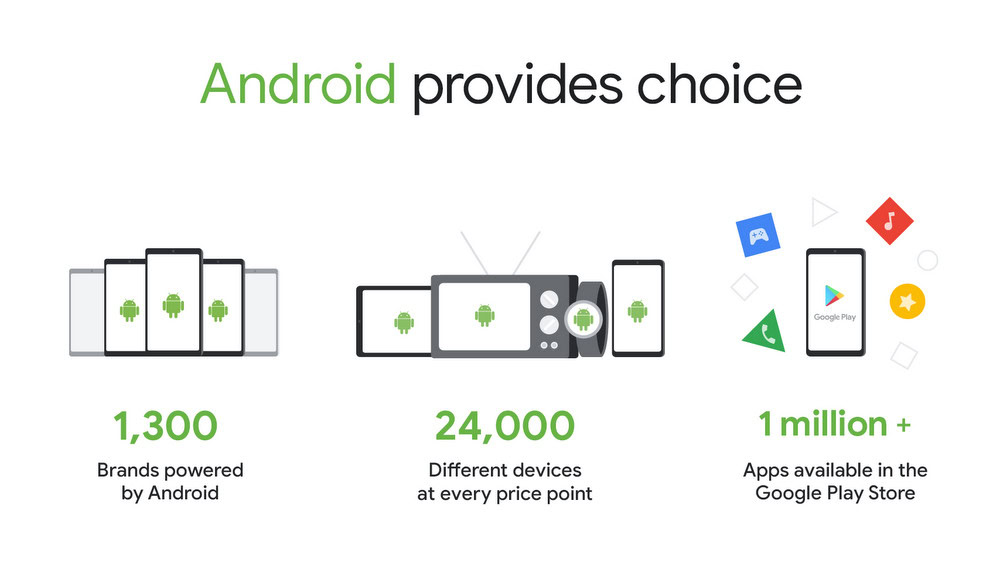
Once again, this regulation doesn’t stop companies from doing it without the GMS; Amazon is the best example of a company making incredibly successful Android products without the GMS involved, like its Fire tablets and Fire TV products.
As Pichai eloquently states in his post:
To be successful, open-source platforms have to painstakingly balance the needs of everyone that uses them. History shows that without rules around baseline compatibility, open-source platforms fragment, which hurts users, developers and phone makers. Android’s compatibility rules avoid this, and help make it an attractive long-term proposition for everyone.
In other words, Android’s open source nature doesn’t thrive on lawless anarchy, but instead on an open-but-regulated balance. With that in mind, it’s hard to agree with a decision to fine Google a whopping $5 billion for trying to keep Android open, free, and thriving.
Pro-European Commission

While it’s easy to be swayed by the impassioned words of a company CEO who has a net worth of over $1.2 billion largely due to the success of Android, one can’t ignore what the European Commission is trying to say before coming to your own conclusion.
In its statement today regarding the $5 billion antitrust fine, the EC says:
Google has used Android as a vehicle to cement the dominance of its search engine. These practices have denied rivals the chance to innovate and compete on the merits.
How has Google “denied rivals the chance to innovate and compete?” The EC argues that Google’s ever-growing restrictions on the GMS and the ever-growing list of apps that become part of the GMS are making the core of Android less useful. This makes it more difficult for competitors within the mobile app industry to stand a chance against Google.
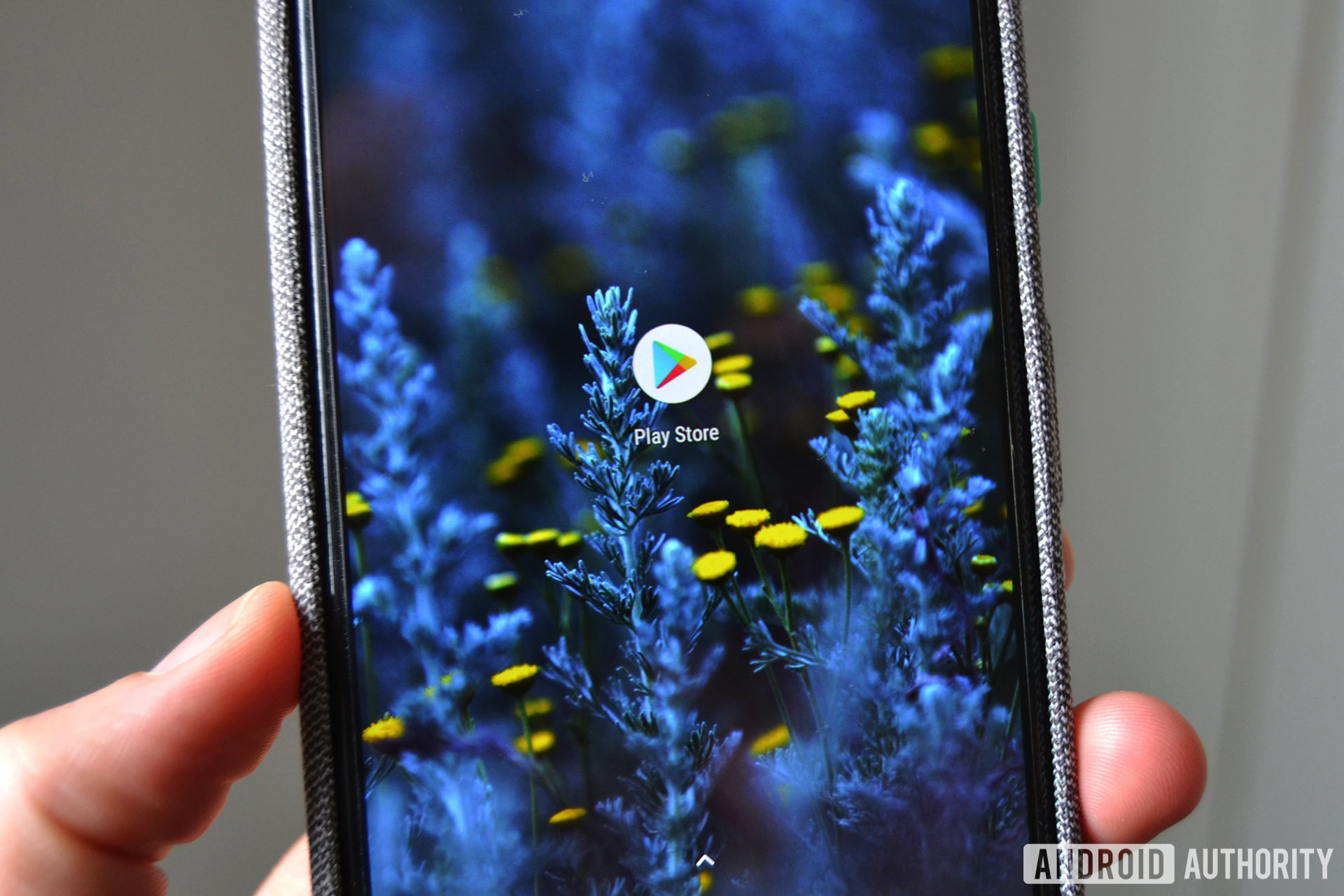
For example, Google’s Chrome browser is a part of the GMS. As such, any Android device that has a GMS license must include the Chrome browser and set it as default. The same goes for other integral apps, like Gmail, Google Search, the Google Play Store, Google Maps, etc., all of which one could easily argue are what makes Android work as well as it does.
Google argues that any user who buys an Android phone can alter those defaults and use other apps. It points to the Opera Mini and Firefox browsers as an example, both of which have over 100 million downloads. But the EC argues that most users either a) don’t know that that’s possible, or b) are not savvy enough to replace a Google app with another one as a new default.
Ask your parents if they know how to switch a default Android app. Chances are, they don't.
In other words, Google’s requirement that OEMs make Google apps the default on Android devices prevents app competition. For example, how can a rival search engine really succeed if the average Android user doesn’t know that switching the Google Search default is even an option?
This is similar to the Microsoft antitrust case revolving around Internet Explorer in the 1990s. Microsoft was accused of stifling browser competition because IE was the Windows default and it was not easy to uninstall IE or download and install a new application on dial-up internet speeds. As such, IE by default became the top browser in the world, with little worries about competition.
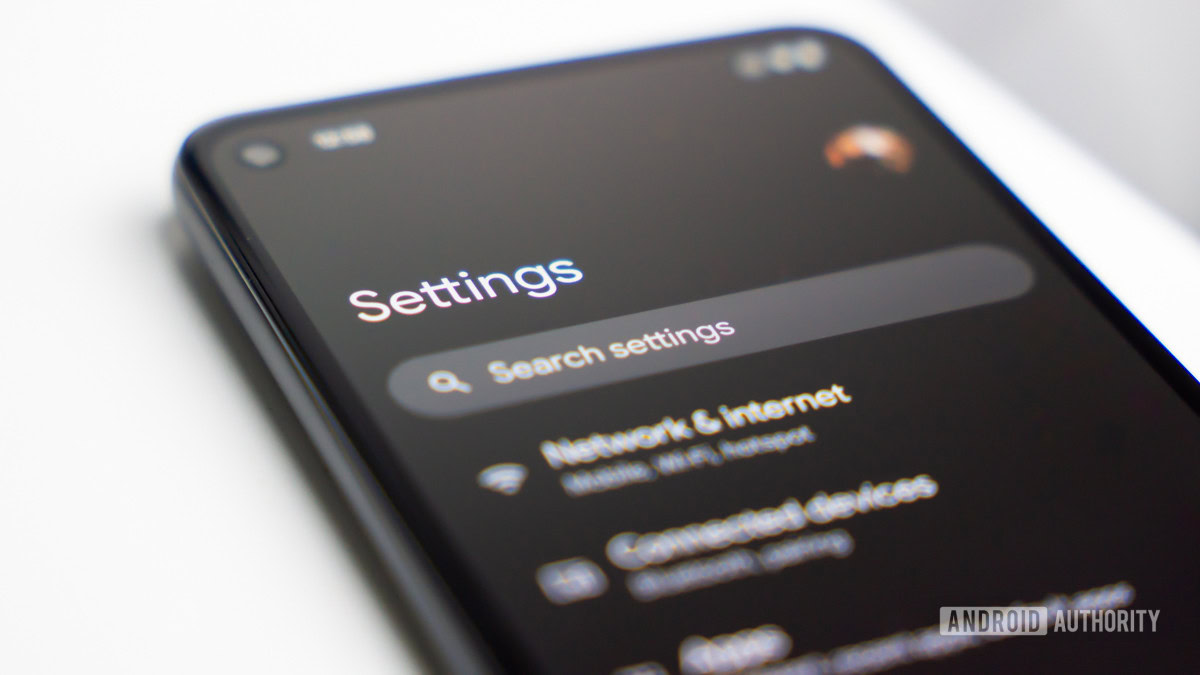
The EC is worried that Google is repeating that anti-competitive strategy. Already, Google apps dominate the Google Play Store, and even the Play Store itself is the largest online app store in the world. The EC is of the opinion that it has become infeasible for another Android app store to compete with the Play Store — and yes, those do exist.
Since its highly unlikely that Google will stop itself from killing competition by dominating the market through its considerable power over Android, the EC is issuing a $5 billion fine as a way to say, “Stop this, or else.” This makes perfect sense, and is what the European Commission was created to do.
Where do you stand, and what’s the solution?
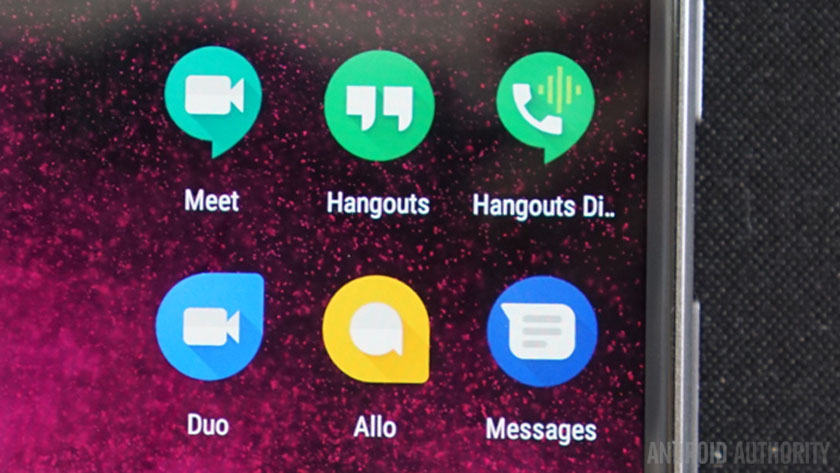
After reading this, you might know which side you are on. But whether you think Google is within its rights or if the EC is acting in a righteous manner, the question still remains: what should be done to rectify the situation?
The EC’s statement surrounding the $5 billion fine clearly states that Google can create a “reasonable, fair, and objective system” to ensure that Android devices work well with the GMS, without “affecting device manufacturers’ freedom to produce devices based on Android forks.”

The solution then would be to simply make the suite of apps in the GMS much smaller.
For example, why does YouTube need to be part of the GMS? Whether YouTube is automatically included with Android or not likely won’t stop people from using it; if it’s not included, they’ll download it. There’s no obvious reason that Android device manufacturers should have to make their devices GMS-compliant just for YouTube.
The GMS is a little heavy right now, and should be pared down to a more reasonable size that includes just the basics (like the Play Store, for example). That would make the EC happy and not drastically affect Google’s ability to regulate devices.
Google could easily remove half the GMS apps right now and it would barely affect its dominance.
Also, Google could make it easier for Android users to switch default apps, and maybe even make some sort of notification that alerts users when starting up something like Chrome for the first time that the option to not use Chrome exists. This would also appease the EC without seriously harming Google’s standing. After all, most people would just tap right through that notification and use Chrome.
The point is that both Google and the EC have exceptionally valid arguments as to why they are each right in this case. But if Google wants to avoid this fine (and future fines), compromises must be made.
After all, Google knows that regulation of Android creates the balance it needs to succeed. It must understand that regulation of itself does the same thing.